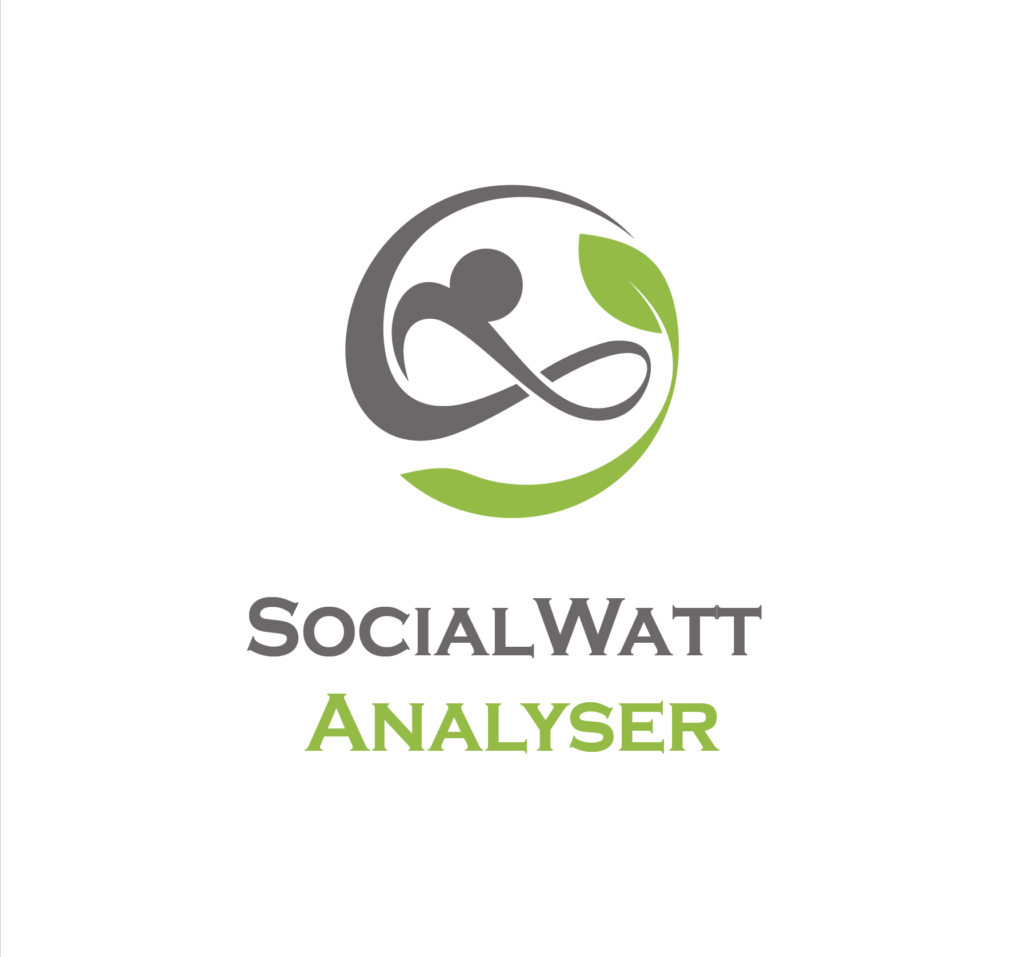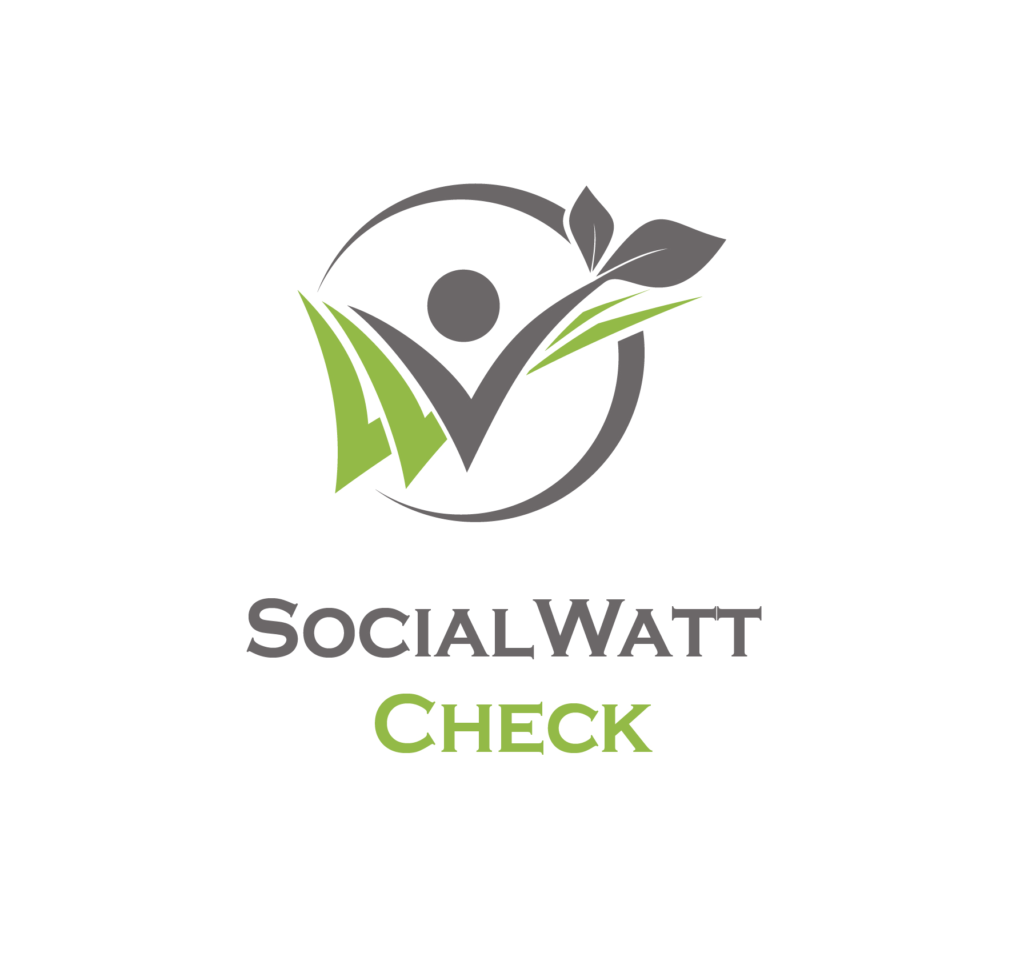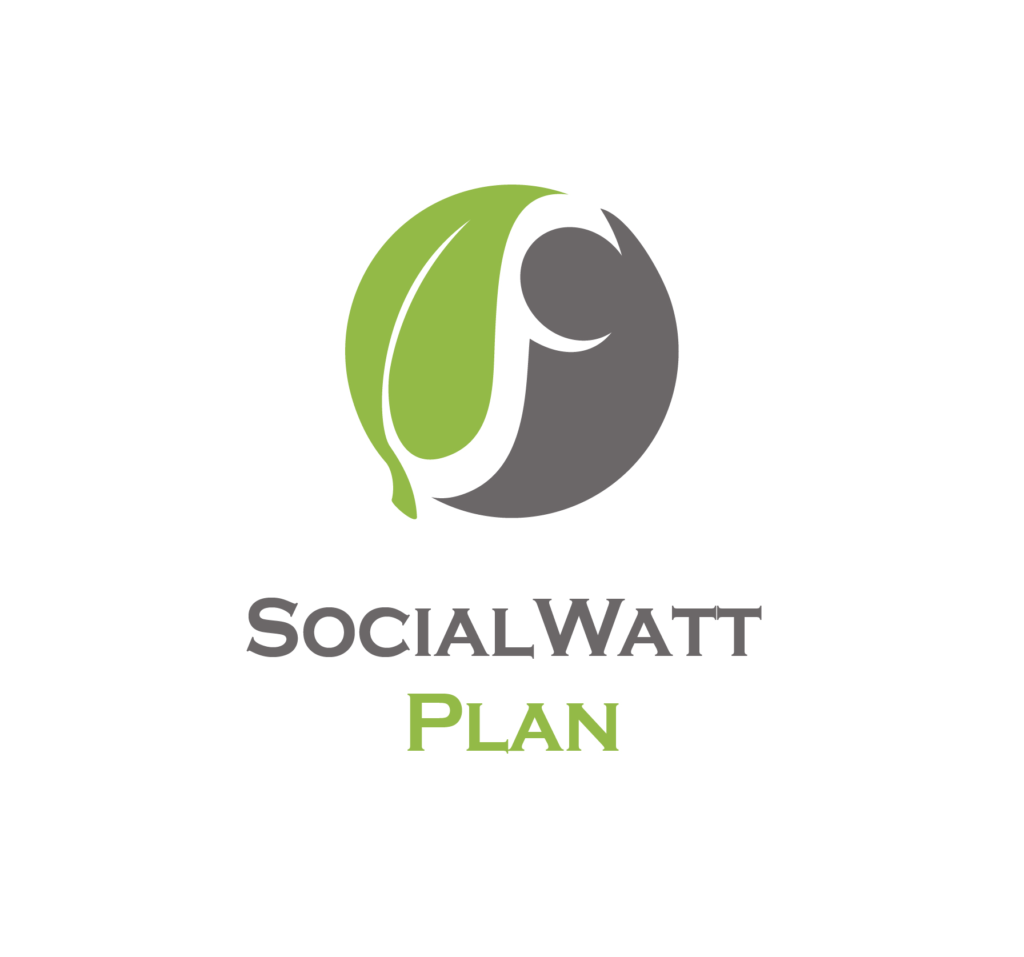Hit enter to search or ESC to closes
Energy poverty
Several measures are now implemented in the European legislation and reflected at national levels to fight energy poverty and protect vulnerable consumers, such as the obligation imposed on Member States to achieve a minimum part of their energy savings target with energy-poor households, vulnerable customers and, where applicable, people living in social housing. The policy trajectories need to ensure the EU will follow the “green” pathway of the Green Deal, allowing for job creation with clean energy and moving towards energy justice and inclusion. IEECP is glad to be working in projects supporting this just energy transition and providing exciting tools for all to join the action.
Publications
Renewing Rural Homes: Recommendations for Energy Poverty Mitigation (Policy Brief)
Supporting the implementation of just transitions in coal regions
Keywords
Discussion paper - What determinants of micro-enterprises influence their energy vulnerability?
Updating the energy poverty and energy efficiency framework in rural areas across the EU
JUSTEM - Impact Matrix Report
Keywords
Decarbonisation Policies in the Residential Sector and Energy Poverty: Mitigation Strategies and Impacts in Central and Southern Eastern Europe
Best practices for reaching out to tenants in the Private Rented Sector (PRS)
Good practices in quantifying split incentives in the private rented sector
The missing tool in tackling energy poverty: empowering renewable energy communities in the energy crisis mitigation
Impacts of policies to decarbonize residential buildings on energy poverty in CEE/SEE countries and mitigation strategies – update
Social climate fund and ETS - Overview of ETS2/SCF studies
Policies to decarbonise residential buildings in Central, Eastern and Southern EU: impact on energy poverty and mitigation strategies
Keywords
Policy measures to combat energy poverty among low-income household groups in Serbia: a multidisciplinary analysis
Energy Poverty Handbook 2022
Briefing - Alleviating Energy Poverty through Article 7 of the Energy Efficiency Directive
Briefing - Energy Poverty and the future costs under the Energy Efficiency Directive (EED) - What is the role of Article 7 policies?
Tackling energy poverty : learning from experience in 10 European countries
Policy Brief - The role of the Energy Efficiency Directive article 7 in alleviating energy poverty
Status quo of energy poverty and its mitigation in the EU: report and interactive map
Briefing - Actions and schemes to consider to tackle energy poverty
Tools
The ENPOR split incentive tool
“Split incentives” refer to any situation where the benefits of a transaction do not accrue to the actor who pays for the transaction. In the context of energy efficiency in buildings, split incentives are linked with cost recovery issues related to energy efficiency upgrade investments due to the failure of distributing effectively financial obligations and rewards of these investments between concerned actors [1]. Especially, when it comes to the PRS, existing literature identifies “split incentives” among landlords and tenants, as one of the main barriers when implementing energy efficiency policies to tackle energy poverty [2]. Moreover, in most European Union (EU) countries, there is significant lack of studies or estimations on the extent of the “split incentives” issue, which leads to the design of renovation policies with a subsidy rate that is not often adequate or optimised as it cannot capture the impact of “split incentives”. In this context, contributions that aim to address this gap are planned. The presentations will focus on methodologies and tools that seek to better understand the issue and enhance the uptake of energy efficiency investments in the PRS. The ENPOR Split Incentive Quantification Tool – allocates the costs and benefits of energy efficiency interventions for landlords and tenants. The tool contributes to a deeper understanding about how to tackle energy efficiency in the private rented sector. A tool that mainly aims to identify the share of the triggered benefits from the implementation of energy efficiency interventions between landlords and tenants in order to quantify the appropriate allocation of costs or subsidy rates for both sides, towards specific energy efficiency scenarios in several geographical/national contexts.


SocialWatt Analyser
SocialWatt Analyser is a decision support tool that has been designed to help utilities, energy providers and energy service companies identify energy poor households among their clients. Its primary purpose is to facilitate users to more effectively identify and target households in energy poverty. More specifically, SocialWatt Analyser enables utilities to identify energy poor households using customer data collected and held internally, especially energy consumption and cost data at household level, as well as readily available data (such as climate data and income data), computed data (e.g. energy needs) and other customer data (e.g., arrears on utility bills).
SocialWatt Analyser is a user-friendly tool that allows customisations, in terms of different input methods, data types and structures, and consequently facilitates utilities (even those with limited expertise) to identify energy poor households.
Detailed instructions for downloading and installing SocialWatt Analyser can be downloaded here.
More information on the modelling methodology, data requirements and resources, the development process, the interconnections between the tools, the testing and validation process and the tools configuration can be found here.
A manual for running the tool is also available here, which includes step by step instructions for its use, as well as information on inputs required and outputs produced.
Finally, you can watch a demo of the tool here

Developed in the framework of the SocialWatt project.




SocialWatt Check
SocialWatt Check is a tool designed to assist utilities, energy providers, energy service companies, and other interested parties to effectively monitor and evaluate schemes being implemented. In particular, SocialWatt Check aims to monitor the effectiveness of schemes and evaluate their impact, in terms of energy savings, CO2 emission reductions, increases in renewable energy production. With this tool the user can track progress and identify in a timely manner deviations related to the implementation of the schemes, in order to either exploit opportunities or identify risks/threats and put in place corrective actions to meet targets. This tool can also be used to estimate the long-term impact of schemes based on their current performance.
Detailed instructions for downloading and installing SocialWatt Check can be downloaded here.
More information on the modelling methodology, data requirements and resources, the development process, the interconnections between the tools, the testing and validation process and the tools configuration can be found here.
A manual for running the tool is also available here, which includes step by step instructions for its use, as well as information on inputs required and outputs produced.
Finally, you can watch a demo of the tool here

Developed in the framework of the SocialWatt project.




SocialWatt Plan
SocialWatt Plan is a decision support tool designed to enable utilities, energy providers, energy service companies, and other interested parties to evaluate the performance of different schemes and actions to tackle energy poverty. In particular, SocialWatt Plan provides the user with a set of optimal portfolios, comprising different combinations of energy poverty schemes and actions, along with information on optimal budget and number of energy poor households allocation for each scheme. The energy poverty schemes considered (e.g., ‘Greening Home’, ‘Renovate your home’, ‘Smarter Home’, etc.), comprise behavioural measures, low, medium and high-cost energy efficiency actions, as well as the installation of renewable energy sources.
SocialWatt Plan is a user-friendly tool that incorporates an optimisation process that is structured in a Multi-objective Programming framework, developed to consider a set of targets and constraints, and to minimise investment costs from the uses’ perspective and maximise energy savings.
Detailed instructions for downloading and installing SocialWatt Plan can be downloaded here.
More information on the modelling methodology, data requirements and resources, the development process, the interconnections between the tools, the testing and validation process and the tools configuration can be found here.
A manual for running the tool is also available here, which includes step by step instructions for its use, as well as information on inputs required and outputs produced.
Finally, you can watch a demo of the tool here

Developed in the framework of the SocialWatt project.




The energy Poverty Dashboard (EPD)
ENPOR monitors the dimensions of energy poverty in the PRS through the Energy Poverty Dashboard: an online tool mapping energy poverty in Europe. This energy justice information and action hub serves as a platform for stakeholders and policymakers to assess the success and failure of policies. It provides a platform for knowledge exchange within and between different national contexts as well as facilitates the dialogue between the REACT groups in national contexts.
An information and action hub, decision-support and public engagement tool all at once, it provides customised new data in a user-friendly format while also offering affected stakeholders information on relevant initiatives, collaborations and forms of support.
Developed by the ENPOR project.




Knowledge transfer platform - Implementing Article 7/8 of the Energy Efficiency Directive
In the ENSMOV knowledge transfer platform, best practices, guidelines, case studies, training materials and country reports from the EU and beyond are available for public authorities and other key stakeholders to support the implementation of energy efficiency policies. An online forum and a LinkedIn group offer the possibility to share ideas and have direct support by asking questions to country experts for the countries listed.
Developed by the ENSMOV project, the platform will be updated in 2023 through the ENSMOV+ project.


Related Projects

ENTRACK Empowering local and regional authorities to design clean energy transition plans


HouseInc Inclusive, affordable and sustainable housing for marginalised communities


JUSTEM Reducing local energy poverty by engaging the population in the transition to a greener future


Social Watt Connecting obligated parties across Europe to adopt innovative schemes towards energy poverty alleviation

Keywords

RENOVERTY Home Renovation Roadmaps to Address Energy Poverty in Vulnerable Rural Districts


ENPOR Actions to Mitigate Energy Poverty in the Private Rented Sector

News
Events
VAT: NL855739198B01

